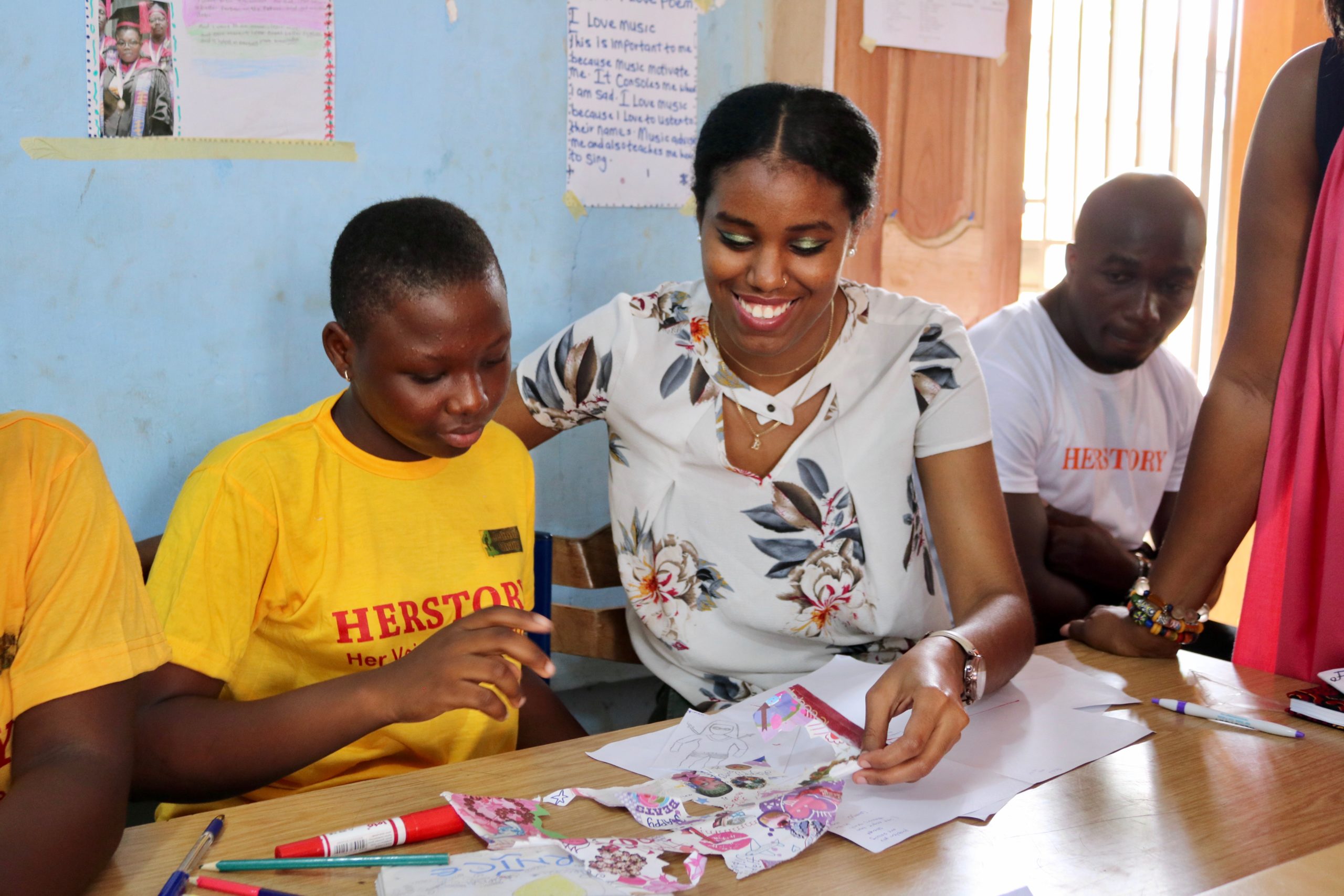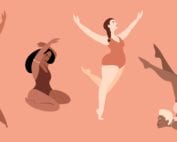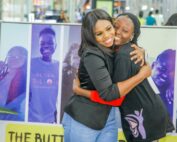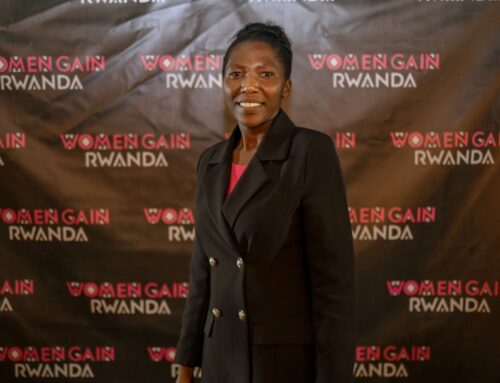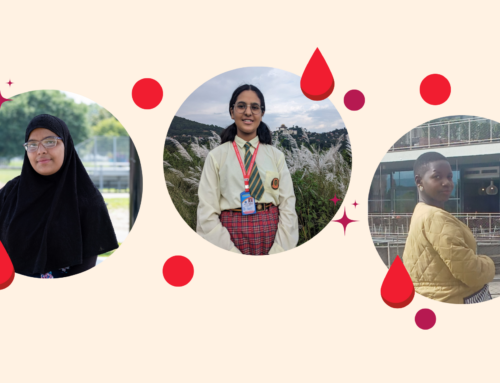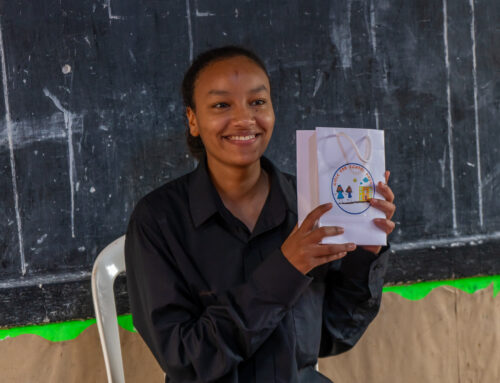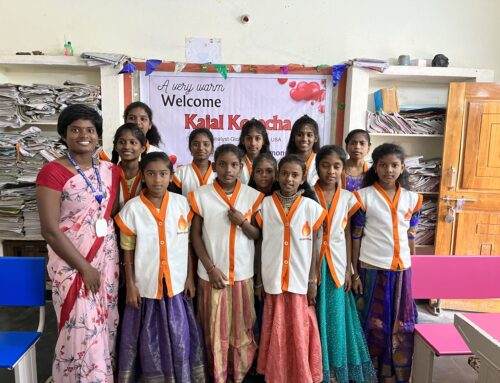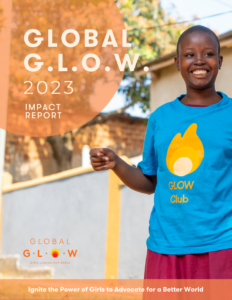The Importance of Encouraging Girls to Trust Themselves & Build a Strong Sense of Self
From a young age, women are taught to cater to the needs of others and put themselves last. Society conditions girls to ignore their own instincts and make decisions based on what is “polite” or “appropriate,” rather than what their intuition tells them. Particularly during adolescence, they are susceptible to these influences, leaving them vulnerable in potentially dangerous situations. It is unfortunate that girls and women are forced to be hyper-aware due to unsafe circumstances, and have no choice but to learn to trust themselves and rely on their instincts since their safety is often disregarded. We need to recognize the importance of validating girls’ experiences.
The ongoing COVID-19 pandemic particularly exposed this early social conditioning placed on girls and women, and the effects have been particularly startling during this time. Over 1.9 million women in the United States left the workforce permanently due to increased caregiving responsibilities. Around the world, girls aged five – nine and 10 – 14 spend 30% and 50% more of their time, respectively, on household chores than boys their age. Women carry disproportionately placed responsibilities, and they are not in a position to primarily stand up for themselves and keep themselves safe.
We need to teach girls to put themselves first and trust their intuition. It is an internal source we all can access and rely on that can present itself in various forms. To get in touch with our own instincts, we have to start by reflecting on the social structures that have influenced our lives — a building block to better understanding who we are and who we strive to be. Through analyzing our own identities, we begin to make sense of our lived experiences and navigate the ever-changing world around us.
Being a Black woman in America is a salient part of my identity. It has helped me succeed while simultaneously stifling my existence. This identity has led me to understand and empathize with people from all walks of life. My Blackness and my womanhood are connectors, especially while living in a society that upholds racist and patriarchal ideologies. Black women are often viewed at the bottom of the totem pole, where we are often left unseen and unheard. This existence allows me to see the nuances of various lived experiences as I relate to other girls and women of color and have the capacity to create spaces of healing and perseverance. It is especially important to teach young girls in these spaces how to lean into their instincts as our experiences are frequently viewed as inconsequential.
There have been moments in my life where I ignored my gut feeling. But with age and experience, I’ve learned that listening to it is a crucial part of my personal development and safety. Ever since, I have continued to let my intuition guide me in the right direction. As a teenager in New York City, I traveled alone to and from school, and I was constantly exposed to potentially harmful situations. In one unforgettable instance, I was in a small store and became aware of an older man watching me. I felt extremely uncomfortable and unsure of what to do. Staying true to my societal conditioning as a woman, I did not want to leave the store out of fear of being rude or causing a scene. But the voice inside me that was telling me to leave grew louder and louder. I ultimately decided to listen to myself, put my own needs and safety first, and left the store to get myself out of harm’s way. Had I stayed despite my discomfort to making others uncomfortable or being called “ridiculous” or “paranoid,” I don’t know what would have happened. Revisiting our younger selves and internalizing the lessons we wish we had been taught provides an opportunity for us to heal and reconnect with our intuition. In my role as Program Manager at international nonprofit Global G.L.O.W., my personal experience shines through my storytelling, safe space cultivation and mentorship. I share a similar background with many of the girls and young women I have had the privilege of mentoring, as they are often girls of color themselves who come from or live in marginalized communities. I’ve explored my own identity through engaging with them, and it has taught me so much about who I am.
Every day I strive to dedicate myself to listening to and advocating for girls and women of color. Adolescence is an impactful and impressionable time in our lives when we tend to look to our peers and the world around us to inform our own sense of self. When working with girls and young women, I put myself in their shoes and focus on sharing knowledge I wish I had at their age. I talk to them about the importance of listening to their intuition and letting their gut feeling guide them. Navigating our communities and structures is challenging and only a strong sense of self will steer us in the right direction. I tell them to always trust themselves first and stand firmly and proudly in their values.
To ensure younger girls’ experiences are validated, we all need to take responsibility in acknowledging that the emotions, thoughts, ideas, and perspectives of all girls are valid. Societally, we suppress the voices of women and do not consider them important or even authentic. We must create spaces for young girls to share their truths openly and free of judgment. Women can bestow the knowledge from their own backgrounds through building trusting relationships with girls and outwardly engaging with their community. In my experience, simply allowing girls to candidly talk and express themselves can inform us greatly about their personal lives and hardships, and in turn, allow us to create space for their individual healing and self-discovery.
Through facilitating and creating curricula in my role as program manager, I’ve had the opportunity to cultivate an experience where girls can see themselves represented, reflect on their past and begin to process their emotions. Most recently, I helped create a curriculum in honor of Black History Month titled, Empathy Across Cultures: Tools for Global Solidarity, which teaches the importance of connecting to others regardless of culture or demographic. Girls who participated were able to see similarities between themselves and other girls around the world through shared histories and circumstances. This allowed them to build empathy for those who have different lived experiences and advocate for their equity and wellbeing. We need to leave room for our younger generations by giving them space to express, learn, grow and thrive.

